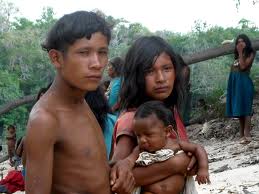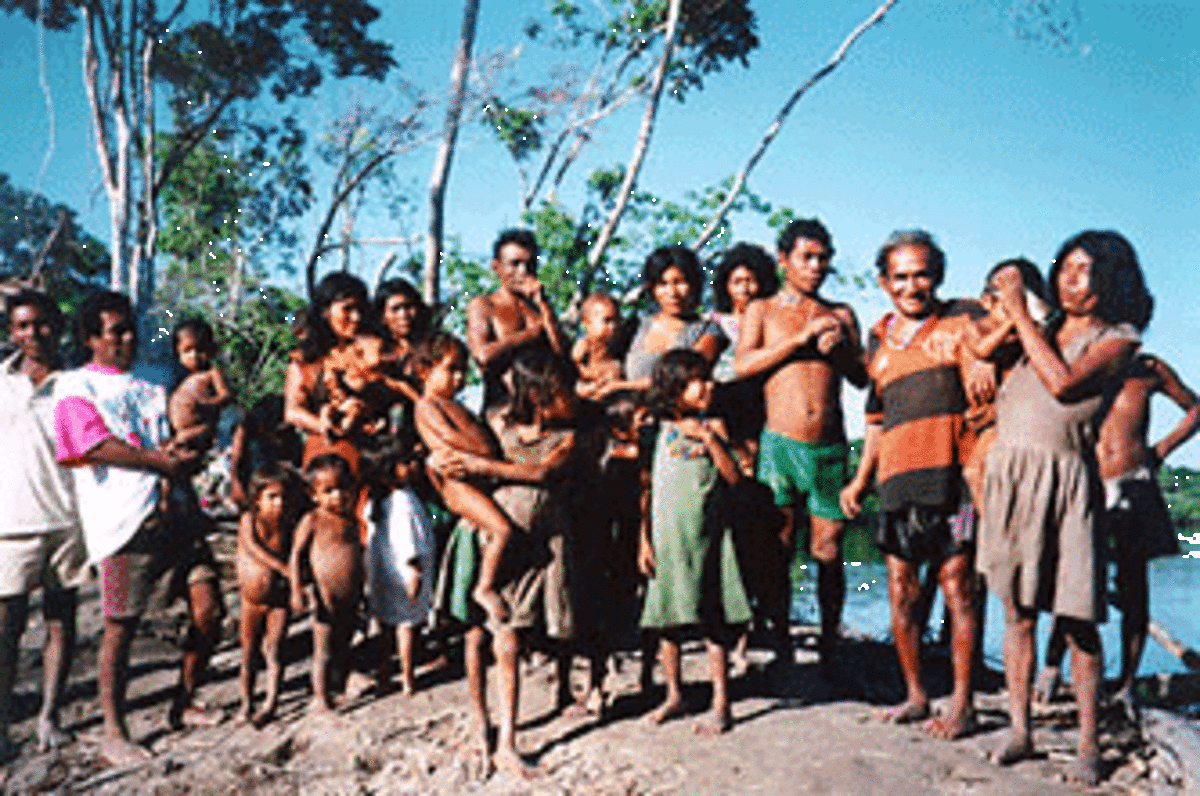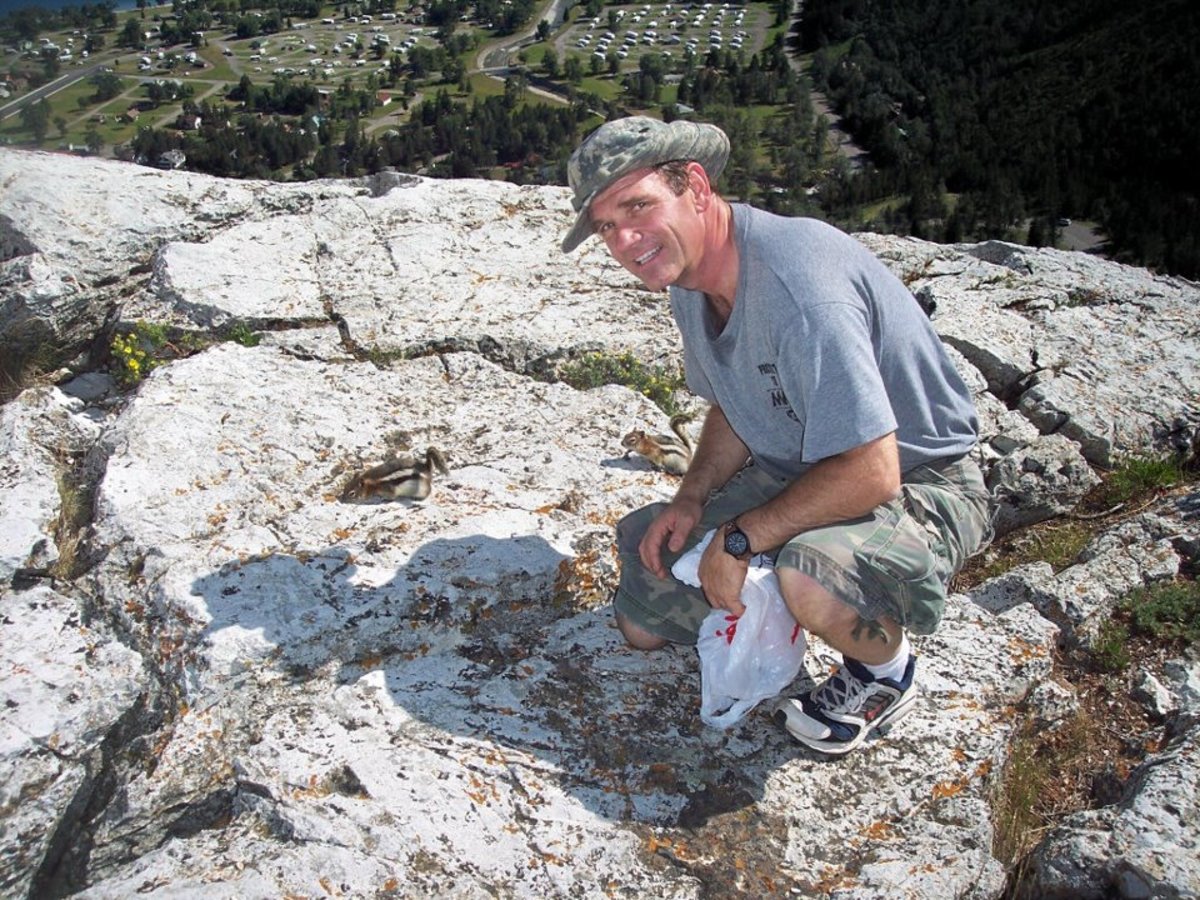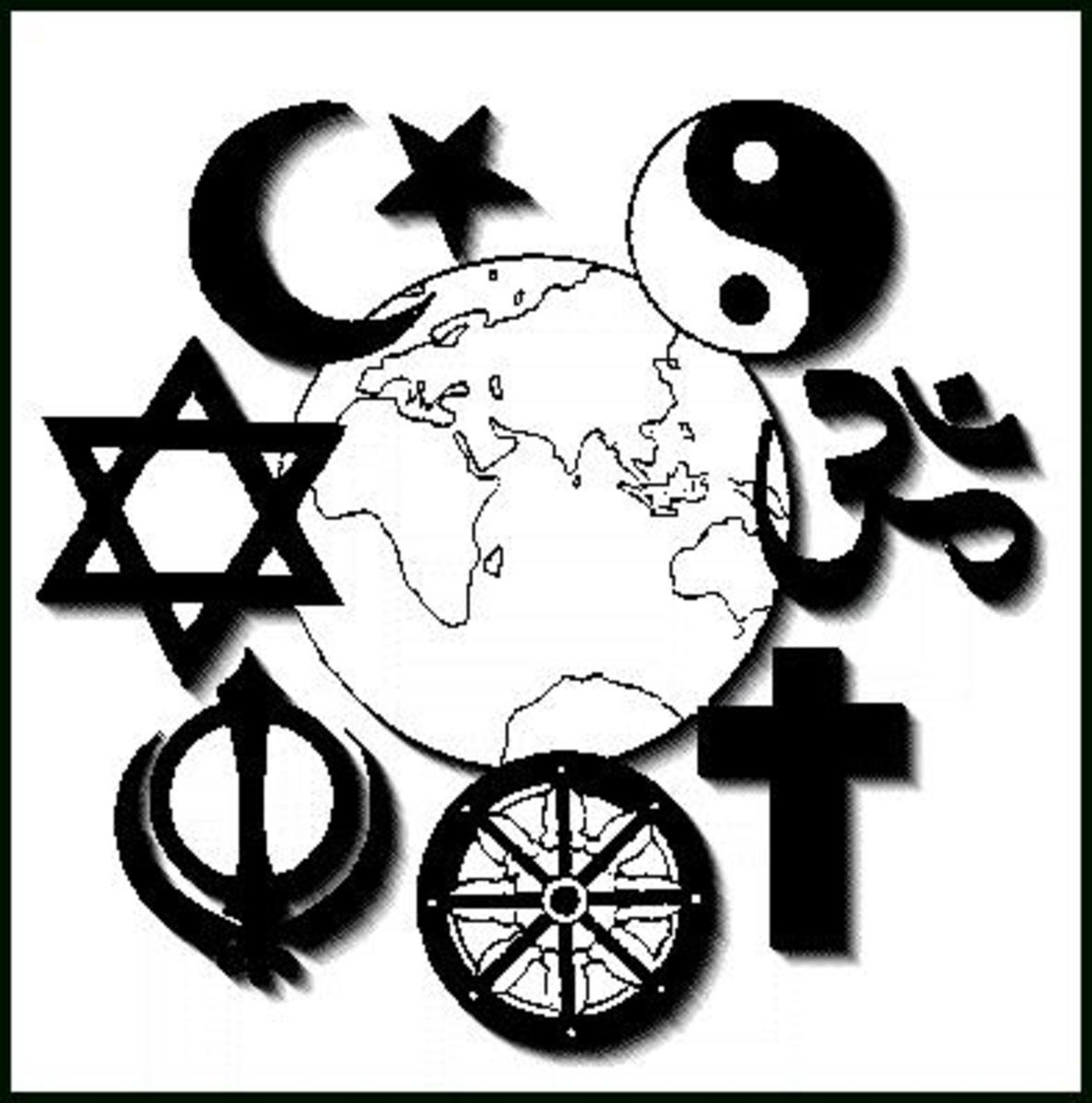- HubPages»
- Books, Literature, and Writing»
- Books & Novels»
- Nonfiction
A review of Don't Sleep, There are snakes

- Who is John Grisham?
Maybe you are like me - a great John Grisham fan- or maybe you dislike his writing style, or maybe you have no clue who the guy is, well, this article will let you find out what you cant find out about John Grisham by reading his novels.
The Contradictions in Pirahã Culture
There is no book that explains the culture of the Amazon people better than Everett's best selling book titled, "Don't Sleep, there are snakes." The title comes from a common saying among the Pirahã people which believe it or not, is their equivalent to our "Goodnight." What attracted me to the book is the fact that the writer was a missionary who went to the amazon to try to convert the Pirahã people to Christianity but after living with them for a while, he discovered that he is the one that was in need of conversion. However As i read the book, one thing stood out conspicuously- There was a lot of contradiction in the Piraha culture and i wonder if Everett ever saw it that way.
An Always Happy People
Everett observes that the Pirahãs are a perpetually happy people. They laugh at everything whether good or bad (pg 85). However, this seems not to be the case when one’s spouse leaves him/her. The Pirahã community is more or less permissive to divorce. When a married person wants to leave his/her spouse, the two will wander off into the forest for a couple of days. On their return, they will stay together and the old partners will be counted as divorced. To them, marriage is only defined as being together and divorce is not a vice. When the two lovers are in the forest, their spouses will try to search for them. It is at this time that the spouse that has been left will wail loudly and complain to anyone that cares to listen . Laughter is taken as the better alternative to make them ignore all the misfortunes around them and carry on with life.
The concept of a perpetually happy society among the Pirahãs sharply contrasts with their callous approach to a couple of issues. For instance, when an expectant woman goes into labor and her women relatives are not nearby, she is not assisted to deliver her baby even if she experiences complications. Once, a woman cried for help for many hours until she passed away. All this time, the Pirahã sat passively and ignored her cries. Another time, Everett and his wife decided to adopt a newly orphaned baby but the villagers sneaked in their house when they were away and poisoned the baby. The Pirahãs believe that only strong people should be given a chance to live since they will be able to face the tough nature of the jungle.
Lack of Belief in God
The Pirahãs do not believe in God and don’t practice any certain religion as they believe in the immediacy of the experience and will only talk about something or someone if it has been eye witnessed. Everett solemnly asks, “Is it possible to live a life without the crutches of a religion? Yet the Pirahãs do so live…” (pg 273). However, the Pirahãs talk extensively about seeing spirits and make mention to the spirits guiding them. The most widely referenced spirit among the Pirahãs is the kaoaibogi spirit which they believe is the spirit that controls most of the good as well as the bad things that occur in their environment (pg 137). The most convincing reason Pirahãs don’t believe in God is because they don’t believe in what they can’t see.
Violence/Peacefulness
The Pirahãs are a peaceful people, Everett Observes “The Pirahãs are not pacifists. They are by no means perfect. But peace is valued among them... (pg 101). However, violence is dotted all over their culture. For instance, the biggest problems faced by Everett among the Pirahãs were drinking and violence (pg 69). Secondly, it is clear that the Pirahã language had many phrases and words that revealed the presence of violence. For instance if one desired to protect himself from the scolding of his friends, he would do so by making threatening or mean remarks (pg 104). Maybe the violence was often as a result of the influence of alcohol which they consumed heavily and regularly.
As Everett observes, the Pirahãs don’t admonish their children by use of violent means unlike the Americans (pg 90). This is however clearly not the case when a Pirahã child cries out for help. The mother will respond by grabbing the child violently and taking him/her away from the danger. In addition to this, the Pirahãs seem surprised at the Americans outward expressions of affection towards their children like hugging, kissing or talking tenderly to their children. Living in the jungle and especially so in a community that is so different from what one would consider conventional requires one to have advanced survival tactics and parents try to harden their children. This is one way to ensure their children will grow to be good hunters or gatherers in the future.
Sexual relations among the single as well as the married people are liberal and sexual behavior doesn’t lead to any violence. For instance, it is culturally accepted for a married person to get lost from the village with someone else for a number of days. If on their return they choose to continue together, they will abandon their spouses and the two will start living together. However, if they decide to go back to their spouses, they will not be reprimanded or punished. Sexual violence is however witnessed by Everett’s wife when she witnessed a girl being gang raped by a group of men (pg 84). The Pirahã society is generally permissive and they tend to avoid negative topics.
Culture of Helping Others When Possible
The
Pirahãs leave like one family and they believe in helping each other whenever
one is in dire need. When the old man got lost, they went looking for him in
the forest until they found him and when they brought him back to the village,
they gave him food to eat. When asked why they were helping someone that could
not help them in return, they remarked that he had fed them when they were tiny
kids as well. The contradiction is that when one falls sick, they will often
abandon him/her to death. Everett
narrates an incident when a woman that had experienced complications during
delivery was left to die even though she kept calling for help. The Pirahãs
live in the jungle and they believe that only the fittest are meant to live. It
makes no sense to save someone who will in turn find it impossible to brace the
tough conditions of the jungle.
The
culture of the Pirahã people is anything but consistent. There are numerous
contradictions not only in the language but also in the cultural beliefs,
cultural practices and their general way of life. The Pirahã culture
contradictions can best be compared to a mother that spanks a child as a
punishment to the child who had beaten her little sister. In essence, the
mother is beating the child as a punishment for beating up her sister. It is important to realize the importance of
consistency in our cultural practices even in modern life.









